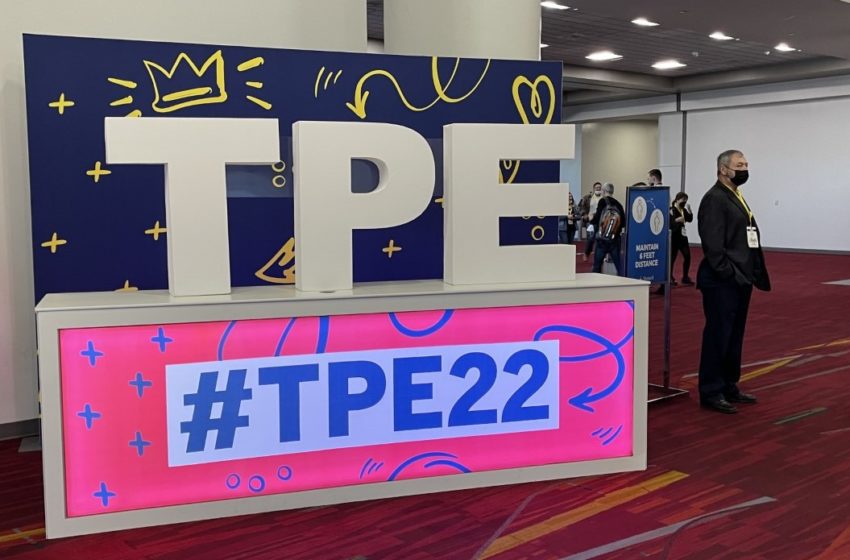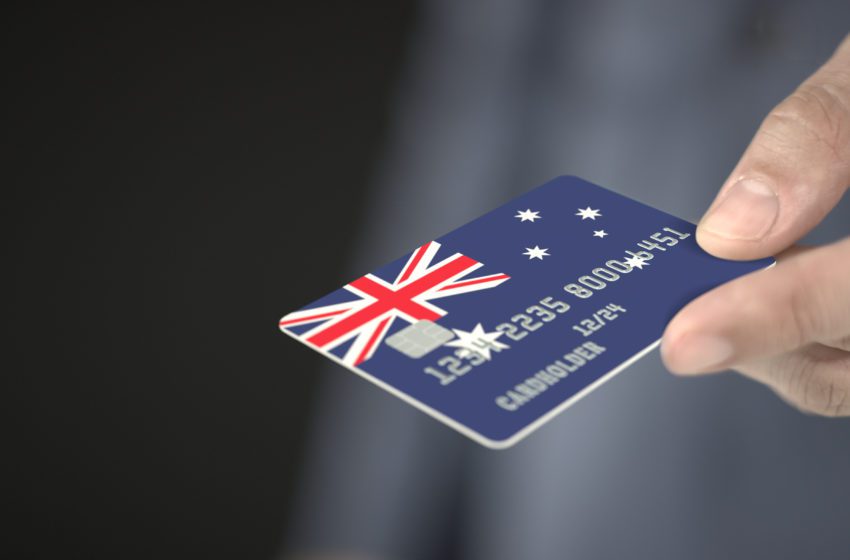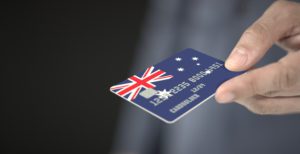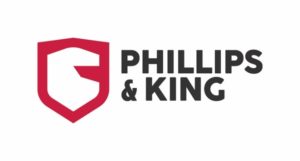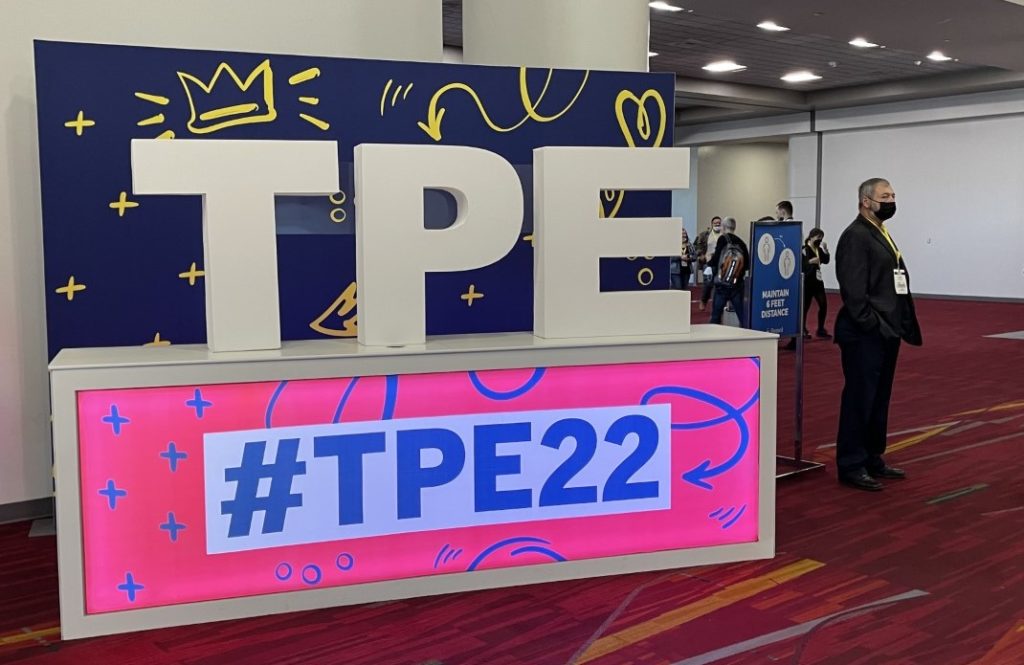
The first industry trade show of the year opened its doors yesterday in Las Vegas. The Tobacco Plus Expo (TPE) runs from Jan. 26-28 and brings together representatives from several segments of the vapor, tobacco and alternative product industries. The number of exhibitors this year increased significantly compared to last year’s show, which was held in May after being postponed for four months, rising to 425 exhibitors compared to 350 in 2021.
Attendance for the first day of the show was an estimated 4,000 visitors, according to a TPE representative. That’s a nearly 30 percent increase from opening day for last year’s event which drew an estimated 2,500 to 3,000 visitors. The show didn’t “feel” like there were that many attendees, however, it’s such a large floorplan it would be impossible to guess an estimate.
There was a noticeable reduction in the number of nicotine vaping companies showing on the floor. The impact of premarket tobacco product applications (PMTAs) and PACT Act regulation was evident. There were only an estimated 12–14 e-liquid vendors, including Coastal Clouds, BLVK E-liquid, Bantam, Pacha Mama and Ripe Vapes. There were eight to 10 hardware manufacturers, including Mi-One Brands, Myle, First Union and Vaporesso, and most of the manufacturers produced their own brands.
There were also a few e-liquid brands selling products that have already received a marketing denial order (MDO) from the FDA. One company told Vapor Voice that there really isn’t much enforcement and getting warning letters is the only thing that has happened to them.
There were, however, a very large number of disposable synthetic nicotine brands. 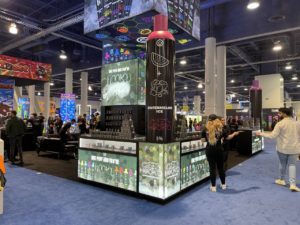 One new brand at the show, Hook’d – with its tagline “one puff and you’re Hook’d” – seemed to take taunting the U.S. Food and Drug Administration to another level according to Kim, a show attendee who asked not to use her last name. “Why would you put a brand out there like that,” she said. “It’s just disappointing.” A person working the Hook’d booth, when asked why the Hook’d name, told Vapor Voice the name was “just catchy.”
One new brand at the show, Hook’d – with its tagline “one puff and you’re Hook’d” – seemed to take taunting the U.S. Food and Drug Administration to another level according to Kim, a show attendee who asked not to use her last name. “Why would you put a brand out there like that,” she said. “It’s just disappointing.” A person working the Hook’d booth, when asked why the Hook’d name, told Vapor Voice the name was “just catchy.”
Next year’s TPE is scheduled to take place Feb. 22-24, 2023. While most likely not an issue for vapor and alternative industry representatives, the TPE’s cigar segment may find itself split in several directions. Not only is that week traditionally when Procigar, the Dominican Republic’s cigar festival, takes place, it also may be competing against the Festival del Habano—Cuba’s cigar festival— that typically takes place in late February (traditionally the week after Procigar).
In 2019, both festivals took place during the same week and were scheduled to take place the same week in 2022 before the Habanos festival was cancelled due to Covid concerns. Neither Procigar nor the Festival del Habano has announced dates for 2023.

